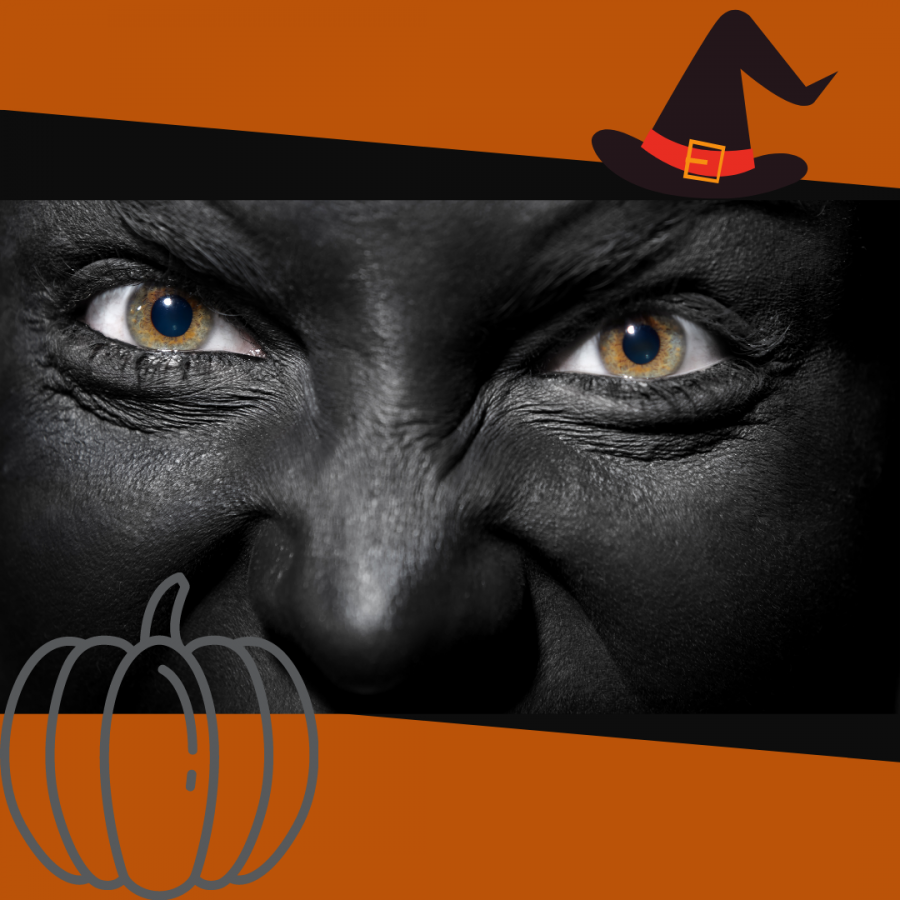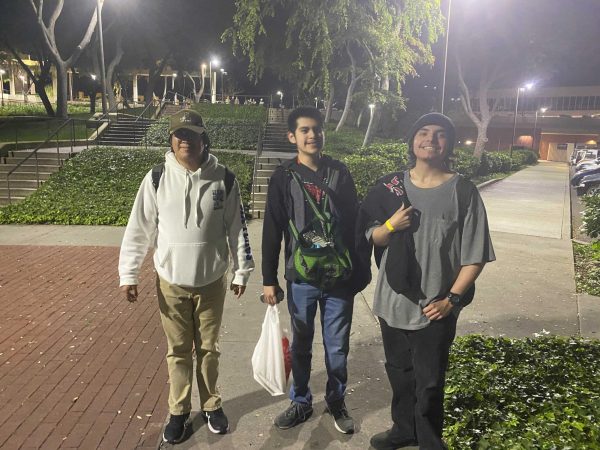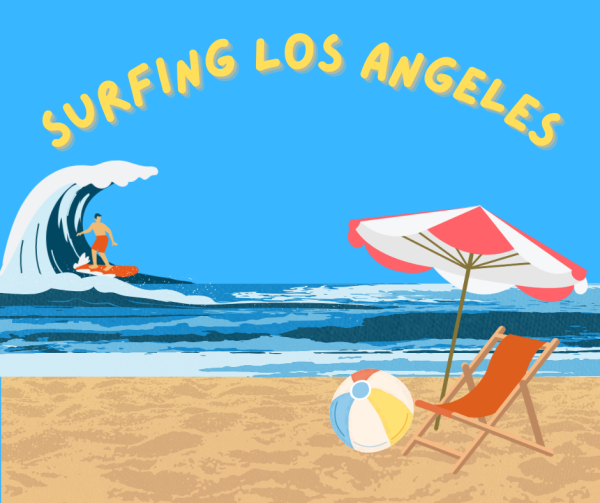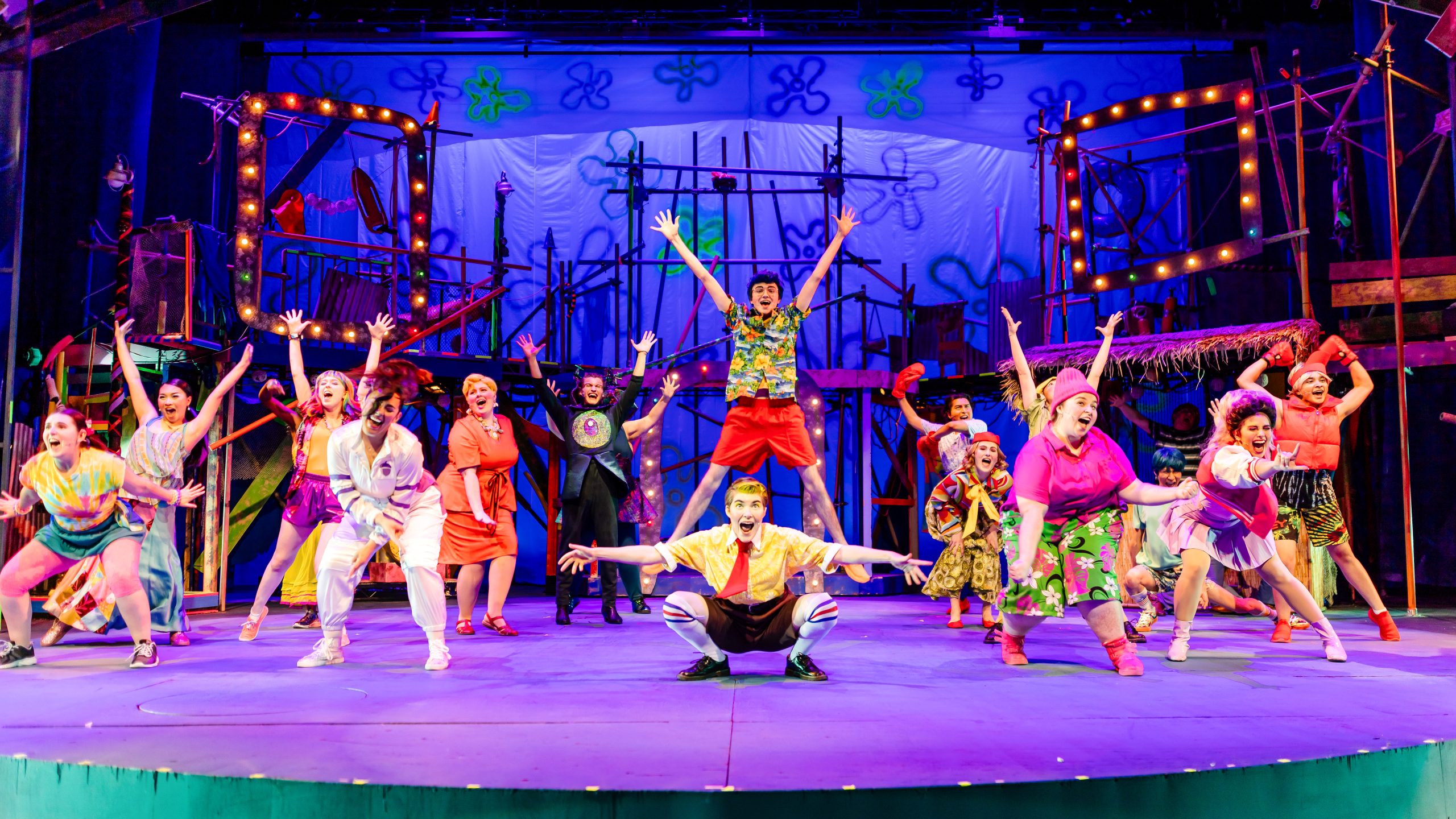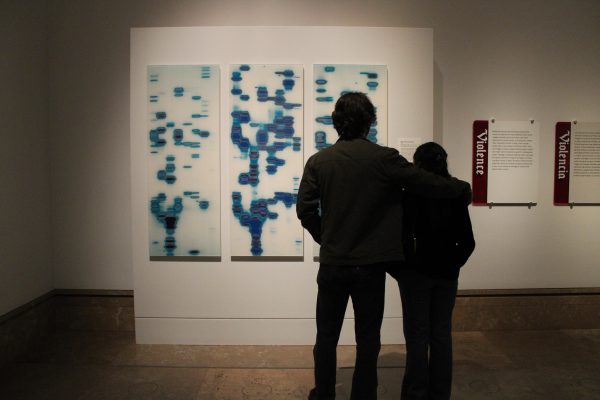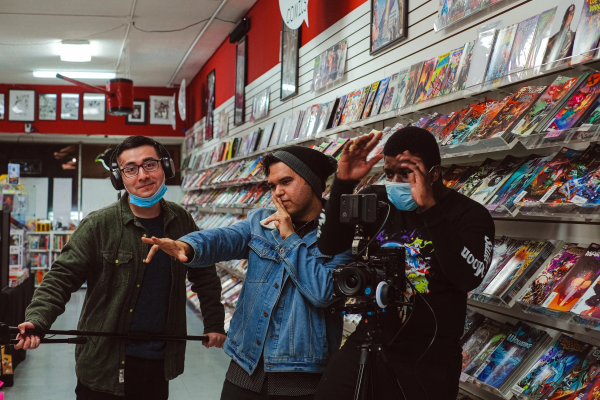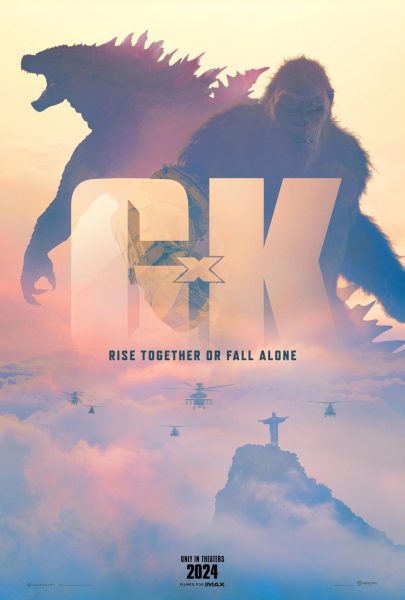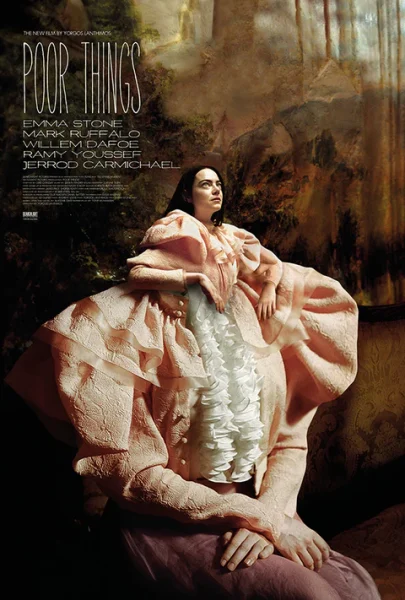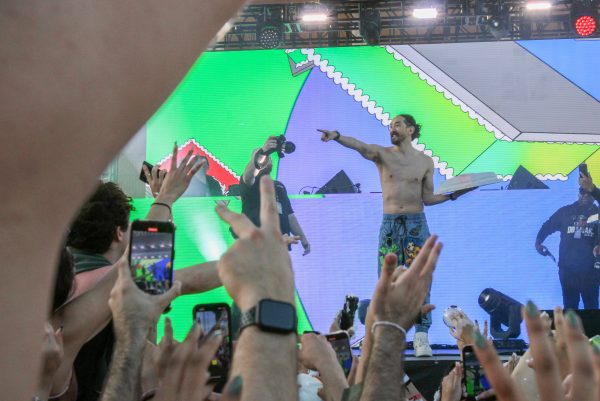Halloween costumes aren’t cultural appreciation
October 31, 2020
Halloween in the United States is commonly associated with depictions of scary stories, trick-or-treating, and obsessing over choosing the perfect costume. However for many people of color, worries about offensive racial and cultural depictions are heavily affiliated with the holiday.
For Black people, this affiliation dates back as far as during the Jim Crow era when minstrel shows were acclaimed forms of entertainment. Minstrelsy featured prominent white actors and comedians in blackface, with often exaggerated features, to emulate African Americans.
The purpose behind these shows was not only to mock Black people but also to perpetuate harmful stereotypes that painted Black people as stupid, lazy and violent. In spite of the heinous, racist history behind minstrelsy and blackface, a surprisingly large number of people, including celebrities, have worn costumes with blackface.
Most notable and offensive instances of this include dancer and actress Julianne Hough who received backlash when she painted her skin brown for a “Crazy Eyes” — a character from the Netflix show, “Orange Is the New Black” — costume to a Halloween party in 2013.
“As a Black person, blackface feels like an insult to me,” said Abriana Johnson, a CSUN student. “They’re mocking and exploiting our achievements, our sacrifices, and our history. It shows utter disrespect and lack of empathy to Black people and their plight.”
Over the following decades as Halloween became more widely celebrated in 20th century America, blackface was among many of the racially insensitive costumes that people donned.
The issue of cultural appropriation for Indigenous communities during Halloween has been present just as long. With many popular portrayals of Native Americans originating from the stereotypical “Indian sidekick” or the “silent savage” in Western shows, Native American costumes were favored in pop culture.
The vast amounts of fake Native American costumes sold all throughout the U.S. is attributed to the marketability of Indigenous culture to white Americans. The issue lies in how these garbs perpetuated misconceptions about Native people. Costumes featuring a sexualized Pocahontas or the Indian savage further dehumanize indigenous people and restrict other’s perceptions of them as just caricatures.
In reality, many Native Americans were forcibly stripped of their culture and isolated from their customs and traditions. Some were killed for trying to hold on to their ways of life. By wearing fake native American costumes, it mocks real native heritage.
Today, most individuals know to steer clear of overtly offensive costumes during Halloween. However, costumes of blackface and satirized native Americans still exist while subtle forms of appropriation in Halloween costumes are present today with costumes like the “Mexican Tequila Shooter.”
The adoption of Mexican culture comes off as empty when the culture is only acknowledged for its profitability. Any respect for traditions and customs are ignored in favor of trying to sell a product. The recent popularization of Dia De Los Muertos, a Mexican holiday for remembering and honoring deceased loved ones, has educated many on the celebration’s customs and traditions. However, most completely ignore the cultural significance in favor of using Dia de los Muertos as decoration.
“Although it is very odd to see other races do Dia de los Muertos, I don’t hate it,” Giselle Perez, a CSUN student, said. “But the thing that does slightly bother me is when people dress up and not know and understand the meaning of the makeup, dresses, flowers, etc. There’s so much involved in this holiday, at least understand why we dress the way we do.”
How do we find a balance between cultural appropriation and appreciation? If you have to use a culture as a costume, first understand the traditions and customs set by that culture. Chances are, the clothing you are trying to emulate has deep-rooted meaning and significance that you may be unaware of.
Stereotypes and caricatures are also aspects to stay away from. Being knowledgeable on the historical context behind caricatures like blackface and depictions of Native Americans can humanize the cultures you may be trying to appreciate.
